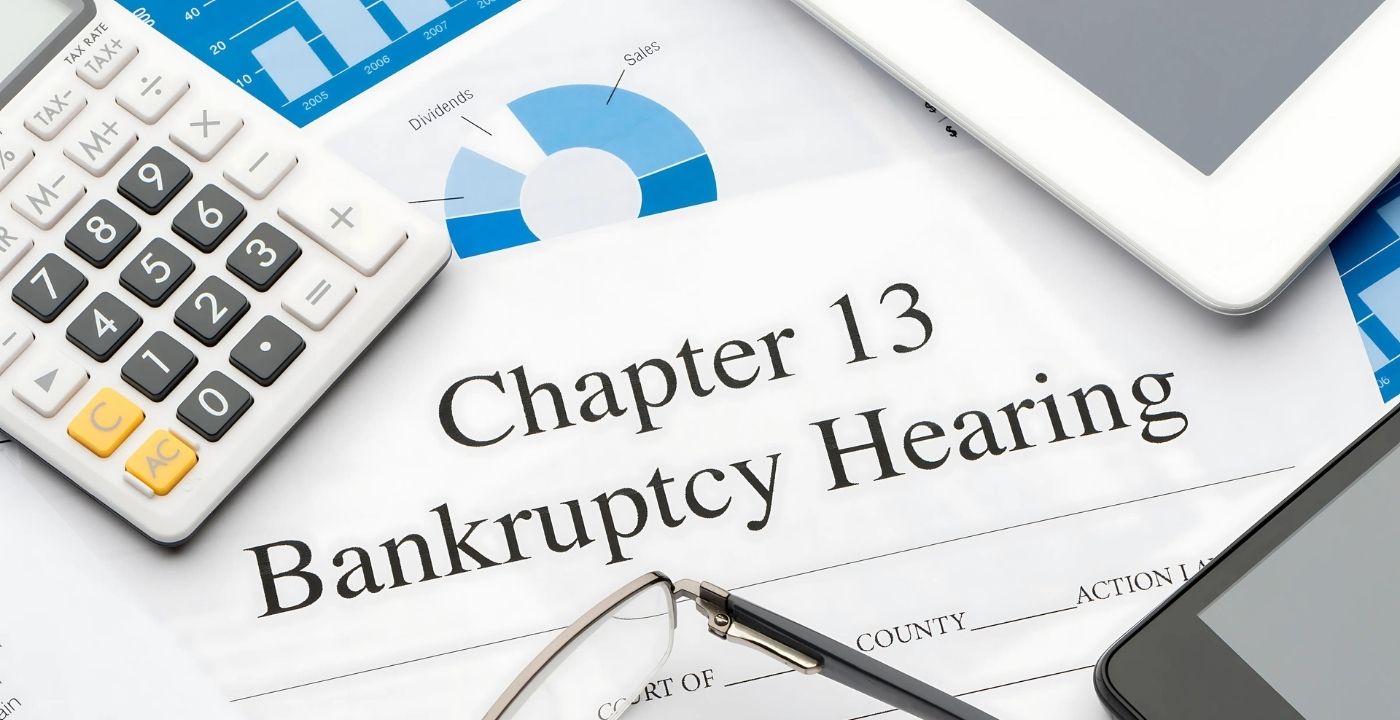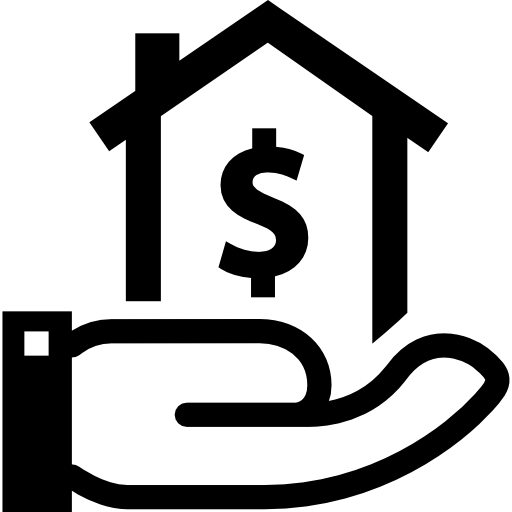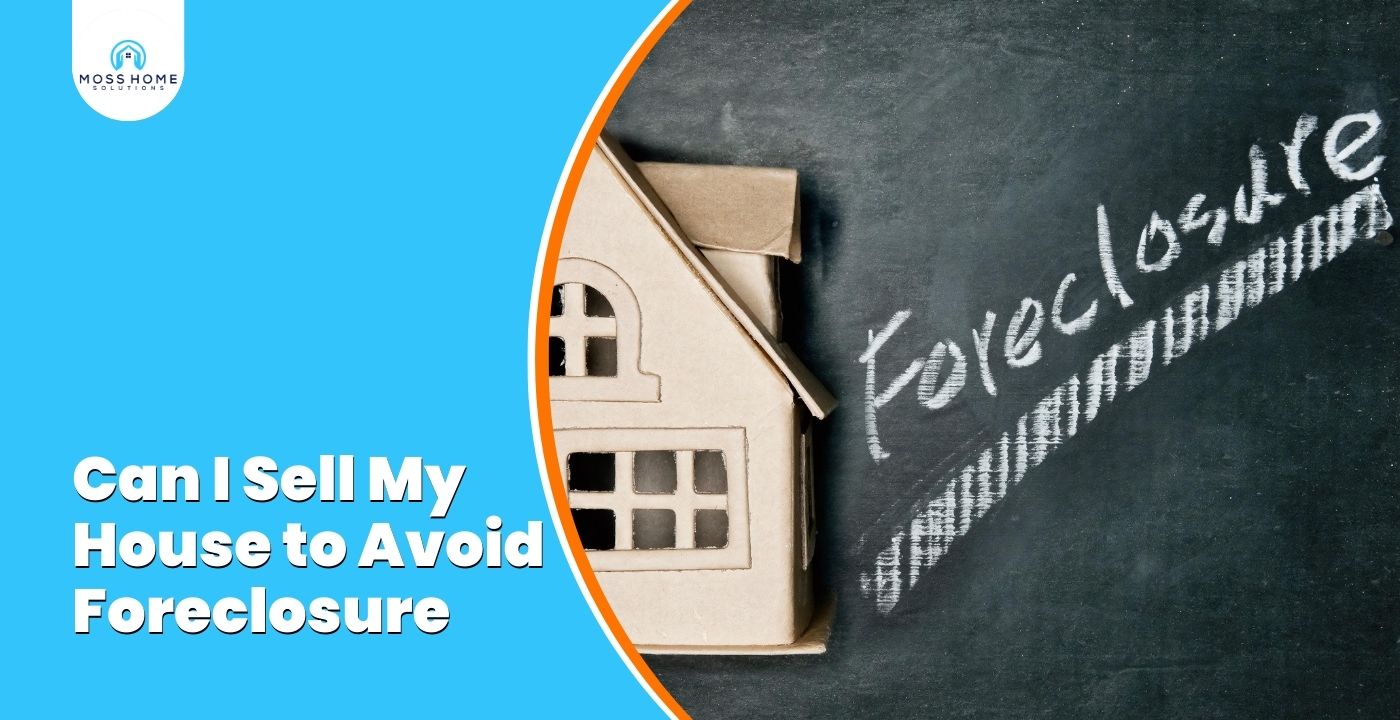Facing foreclosure is a tough spot, but you’ve got more control than you might think.
Selling your house could be the key to avoiding a financial nightmare.
From quick cash sales to traditional listings, you’ve got choices. We’ll walk you through each option, helping you grasp the timelines and tradeoffs.
Ready to turn this situation around? Let’s dig into what you need to know.
Key Notes
- Sell your house before foreclosure to protect your credit and control the process.
- Cash sales offer quick exits, while traditional sales may yield better prices.
- Foreclosure timelines vary by state; know your local timeline to plan effectively.
- Short sales and loan modifications are alternatives worth exploring with lenders.
- Act fast – you have options until the auctioneer’s gavel falls, but time is critical.
Foreclosure Types

There are two types of foreclosure methods: judicial and non-judicial. Both allow you to sell your house to avoid foreclosure.
Judicial Foreclosure
The lender must file a lawsuit to obtain a court judgment before proceeding with the foreclosure. Homeowners can sell their property at any point before the court issues a judgment and the property is sold at auction.
Non-judicial Foreclosure
Allows lenders to foreclose without court intervention, following a series of statutory steps. Homeowners can also sell their property during this process but must do so before the foreclosure sale date.
Choosing the Right Selling Method
You can sell your home right up until the auction date. This gives you a chance to take control of the situation before the bank steps in.
By doing this, you avoid a major hit to your credit score and the emotional rollercoaster of losing your home in a forced sale.
Here are your options:
1. Traditional Sale
Many homeowners team up with a real estate agent when going the traditional route. They can help you competitively price your home to sell quickly.
Keep your lender in the loop. Regular updates can buy you some goodwill and perhaps extra time.
While a traditional sale might take longer, it could net you a better price. Stay flexible and negotiate.
2. Cash Sale
A cash sale offers a quick exit from foreclosure. You sell directly to a cash buyer and close the deal within a couple of weeks.
Cash buyers typically offer between 70% to 90% of your home’s market value. Although not top dollar, you get speed and certainty with no chance of financing fall-throughs, waiting for appraisals, or last-minute buyer jitters.
3. Deed in Lieu of Foreclosure
In this scenario, you voluntarily transfer the deed back to the lender to avoid foreclosure.
It’s not a straightforward process as you need to prove you’re in a real financial bind and back this up with documentation. Moving out of your home is also part of the process.
Bear in mind that this route could still impact your credit rating and have tax implications.
4. The Short Sale Option
But what if you owe more than your house is worth? Enter the short sale.
Although not ideal, selling your home for less than your mortgage balance can be a solution to some of your problems.
There is a catch though – you need your lender’s green light. They have to agree to take less than what you owe.
So, while a short sale will ding your credit, it offers a clean break, allowing you to move on without the lingering debt tied to your home.
Remember, foreclosure isn’t a done deal until the auctioneer’s gavel falls. You’ve got options, but you need to move quickly.
The Foreclosure Process

While one missed payment won’t set off alarms, if you miss a few in a row, things get serious. Your lender will send you a notice of default, a formal warning that foreclosure proceedings will begin if the debt isn’t settled.
From there, if no payment is made, the lender can initiate foreclosure, which may end in the property being sold at auction.
Knowing the foreclosure timeline in your area can help you plan your next steps effectively.
Here’s an estimate of how long foreclosure takes by state, including processing and applicable redemption periods:
| State | Process Period (Days) | Redemption Period (Days) |
|---|---|---|
| Alabama | 49-74 | 365 |
| Alaska | 105 | 365 |
| Arizona | 90+ | 30-180 |
| Arkansas | 70 | 365 |
| California | 117 | 365 |
| Colorado | 145 | None |
| Connecticut | 62 | Court Decides |
| Delaware | 170-210 | None |
| Florida | 135 | None |
| Georgia | 37 | None |
| Hawaii | 220 | None |
| Idaho | 120 | 12 months |
| Illinois | 120-180 | None |
| Indiana | 150 | 1 year |
| Iowa | 90-120 | 1 year |
| Kansas | 110 | 3 months |
| Kentucky | 180-210 | None |
| Louisiana | 60-90 | 3 years |
| Maine | 60-90 | 1 year |
| Maryland | 150 | 1 year |
| Massachusetts | 150-180 | 1 year |
| Michigan | 90-120 | 6 months |
| Minnesota | 15-30 | 6 months |
| Mississippi | 30-60 | None |
| Missouri | 60-90 | 1 year |
| Montana | 30-60 | 6 months |
| Nebraska | 90-120 | 1 year |
| Nevada | 120-180 | 6 months |
| New Hampshire | 60-90 | 3 years |
| New Jersey | 120-180 | 2 years |
| New Mexico | 90-120 | 9 months |
| New York | 150-210 | 1 year |
| North Carolina | 45-90 | 10 days |
| North Dakota | 60-90 | 6 months |
| Ohio | 120-180 | 1 year |
| Ohio | 60-90 | 6 months |
| Oregon | 180 | 1 year |
| Pennsylvania | 180 | 9 months |
| Rhode Island | 90-120 | 1 year |
| South Carolina | 30-60 | 1 year |
| South Dakota | 60-90 | 6 months |
| Tennessee | 60-90 | 2 years |
| Texas | 38-50 | None |
| Utah | 60-90 | 1 year |
| Virginia | 60-90 | 1 year |
| Washington | 120-180 | 1 year |
| West Virginia | 60-90 | None |
| Wisconsin | 290 | 1 year |
| Wyoming | 60 | 90-365 |
Steps by Step To Sell Your House During Foreclosure
If you find yourself in the unfortunate situation of selling your home to avoid foreclosure, these are the steps to take:
1. Assess Your Financial Situation
Before putting up a “For Sale” sign, consider your financial situation. Are you juggling other debts or have you got savings to cover your mortgage? These could be solutions to your problem.
2. Speak to Your Lender
If you’re thinking of selling your house to avoid foreclosure, keep your lender in the loop. They may be willing to work with you, especially if you show selling your home is better for both parties.
Open communication can also help you negotiate a short sale or other alternatives to foreclosure.
3. Set a Price
This can be like walking a tightrope. Price your house too high, and it’ll sit on the market while the clock ticks down. Too low, and you might not cover what you owe.
The sweet spot is usually slightly below market value to attract more buyers and up your chances of a quick sale. In foreclosure, time is money – and you’re short on both.
4. Put Your Best Foot Forward
Your home might be in distress, but it doesn’t have to look distressed. Consider a fresh coat of paint or minor repairs as a little TLC goes a long way when it comes to first impressions.
5. Pull Out the Marketing Stops
In foreclosure, your home needs all the exposure it can get. High-quality photos are non-negotiable as they’re your home’s first impression online.
Host open houses and consider working with a real estate agent who knows the ins and outs of distressed properties.
Consequences of Foreclosure
Let’s not sugarcoat it – foreclosure is rough and losing your home is the tip of the iceberg.
Your credit score takes a hit, often dropping by 100 points or more. What’s more, a foreclosure can stay on your credit report for up to seven years, making it difficult to secure loans, rent an apartment, or even get certain jobs.
Pros and Cons of Selling During Foreclosure
Let’s not sugarcoat it – foreclosure is rough and losing your home is the tip of the iceberg.
Your credit score takes a hit, often dropping by 100 points or more. What’s more, a foreclosure can stay on your credit report for up to seven years, making it difficult to secure loans, rent an apartment, or even get certain jobs.
Pros:
- Avoid Foreclosure on Credit Report
- Potential to Preserve Some Equity
- Control Over Sale Process
- Avoid Public Auction
Cons:
- Requires Quick Sale
- Short Sale May Leave Remaining Debt
- Lender Approval Required for Short Sale
- May Need to Move Out Quickly
Alternatives to Selling Your House

What are the alternatives to selling your home to avoid foreclosure? Here are some ideas:
Loan Modification
A loan modification involves renegotiating the terms of your mortgage to make your payments more manageable. For instance, your lender might agree to extend the loan term, lower the interest rate, or even reduce the principal balance.
Getting approval for this isn’t a sure bet, so be prepared to provide detailed financial information.
Bankruptcy Options
Bankruptcy can temporarily halt foreclosure proceedings. Filing for Chapter 13 bankruptcy allows you to restructure your debt and, perhaps, keep your home.
Chapter 7 bankruptcy can delay foreclosure but typically won’t save your home unless other arrangements are made.
Both these options affect your credit, so consider them carefully and consult a financial advisor or attorney.
Government Assistance Programs
There are government programs to offer you temporary financial relief, help with loan modifications, or offer other forms of support.
For example, HUD-approved housing counseling services guide you through foreclosure and help you explore your options.
Current Foreclosure Landscape in the US
- Foreclosure activity increased slightly in Q1 2024 compared to the previous quarter but decreased compared to the same period in 2023.
- The states with the highest foreclosure rates were Delaware, New Jersey, South Carolina, Nevada, and Florida.
- Bank repossessions were up 7% in Q1 2024 from the previous quarter but down 20% from Q1 2023.
- Foreclosure starts decreased in March 2024 compared to the previous month and June 2023, but were up 2% in Q1 2024 compared to the previous quarter.
Frequently Asked Questions
Can I sell my house if I’m behind in mortgage payments?
Yes, you can sell your house if you’re behind on mortgage payments. However, the sooner you act, the better your chances of avoiding foreclosure and preserving your credit.
How long do I have to sell my house before foreclosure?
The timeline varies by state, but generally, you have several months from the time you miss your first payment until the foreclosure auction. It’s important to understand how long foreclosure takes in your area to plan accordingly.
What happens if my house doesn’t sell before foreclosure?
If your house doesn’t sell before the foreclosure auction, it will likely be sold at auction, and you’ll lose ownership. The foreclosure will also be recorded on your credit report, significantly impacting your credit score.
Will selling my house affect my credit score?
Selling your home before foreclosure is finalized can help protect your credit score. While your score may still be affected, it won’t be as severe as a completed foreclosure.
What if I owe more than my house is worth?
If you owe more than your house is worth, a short sale might be an option. This involves selling the home for less than the mortgage balance, with the lender’s approval.
Conclusion
Facing foreclosure doesn’t mean you’re out of options.
With smart planning, you can turn this challenging situation around. Whether you opt for a traditional sale, negotiate a short sale, or explore alternatives like loan modifications, the power is still in your hands.
The key is to act fast and stay informed. By taking control now, you can sidestep the harsh consequences of foreclosure and pave the way for a brighter financial future.
Don’t let foreclosure dictate your future—take control today. Contact us now for an instant fair cash offer for your home, potentially closing in as little as 7 days. Our streamlined process can help you make a fast sale and avoid the emotional and financial fallout of foreclosure.





